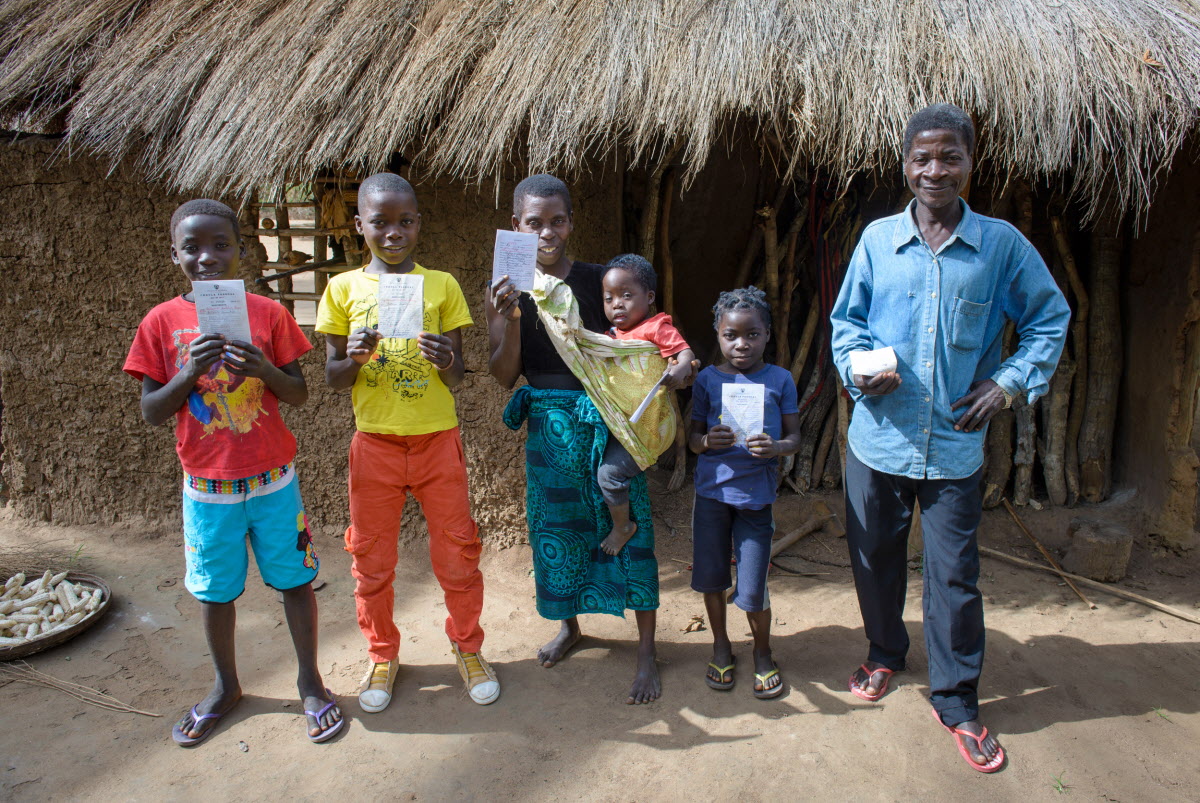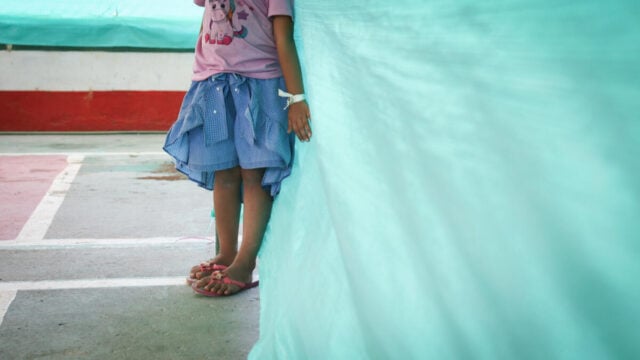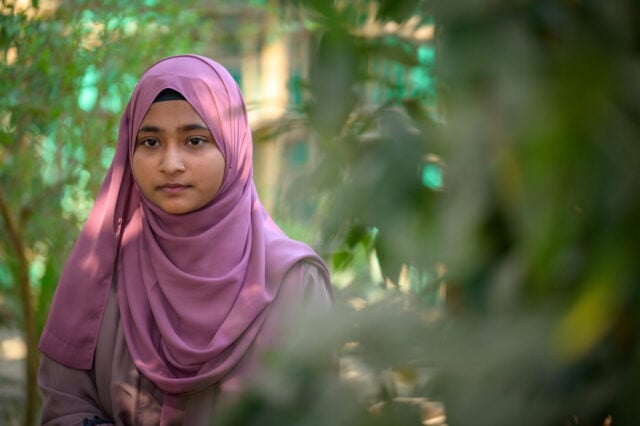What if you or your child was never issued a birth certificate? For millions of children around the world, the lack of this key document puts them at greater risk of abuse and leaves them without access to legal protection, healthcare, education, and other essentials. The Girls Count Act will change this.
One in three children — 230 million under the age of 5 — is significantly more vulnerable to abuse and exploitation and lack access to education and health services, all because they do not have a simple piece of paper: a birth certificate.
But the recently passed Girls Count Act will help change this.
How the Girls Count Act will make a difference
On June 1, Congress passed the Girls Count Act, a law that will help ensure that more children around the world are recognized and protected.
Birth registration is a simple yet effective solution for reducing the vulnerability of children; but unfortunately, it often falls low on the list of a country’s priorities.
Sometimes all that’s needed is a nudge or support from the U.S. government to help create a functioning birth registration system.
It also authorizes the Department of State and the U.S. Agency for International Development (USAID) to support programs that promote sustainable registration systems and ensure children are able to access health, education, and social services.
Despite its name, the Girls Count Act makes it U.S. policy to encourage other countries to ensure that both girls and boys of all ages are full participants in society.
The perils of being an unrecognized child
World Vision child protection expert Jessica Bousquette points out several categories of children who are often completely off the radar to their governments. These include:
- Children not registered at birth due to their location
- Children from ethnic minorities
- Children with disabilities often hidden from their communities due to cultural stigma
- Orphaned and homeless children
- Displaced or refugee children
- Children trafficked for sex or labor exploitation
Human traffickers seek people who will not be missed — vulnerable and powerless individuals. A birth certificate helps protect children from human trafficking, child labor, child marriage, and underage conscription into armed forces.
If a child is abused, neglected, exploited, or exposed to violence, a birth certificate ensures his or her access to services and justice systems. If children are separated from their parents as a result of natural disaster or conflict, a birth certificate helps reunite the family quicker.
“A simple piece of paper, a birth certificate, helps ensure that children have access to education, immunizations, and other social services,” explains Bousquette. “Birth registration is foundational to protecting children from abuse, neglect, exploitation, and violence.”
Advocacy key to the bill’s passage
World Vision advocates have been voicing support for the Girls Count Act for more than a year, contacting Congress about the legislation nearly 15,000 times. Advocates also wrote op-eds for local papers and met with members of Congress and legislative staff to push for the passage of the bill.
“Sending an email or making a phone call may seem trivial,” says Christina Bradic of World Vision’s advocacy team, “but it is these small actions of advocates that collectively moved the Girls Count Act through Congress.”
Of all of the bills introduced this session, only 4 percent have received a vote.
How you can help
- Pray for vulnerable children whose identities are unknown to their governments because their births weren’t properly documented. Thank God for lawmakers who recognized the need for universal birth registration and took action.
- Sponsor a child: Your ongoing support of a child in need will help ensure that he or she is known, recognized, and cared for through interventions like clean water, medical care, education, nutritious food, safe shelter, and more; you’ll also offer your sponsored child an opportunity to become an active participant in his or her community.


